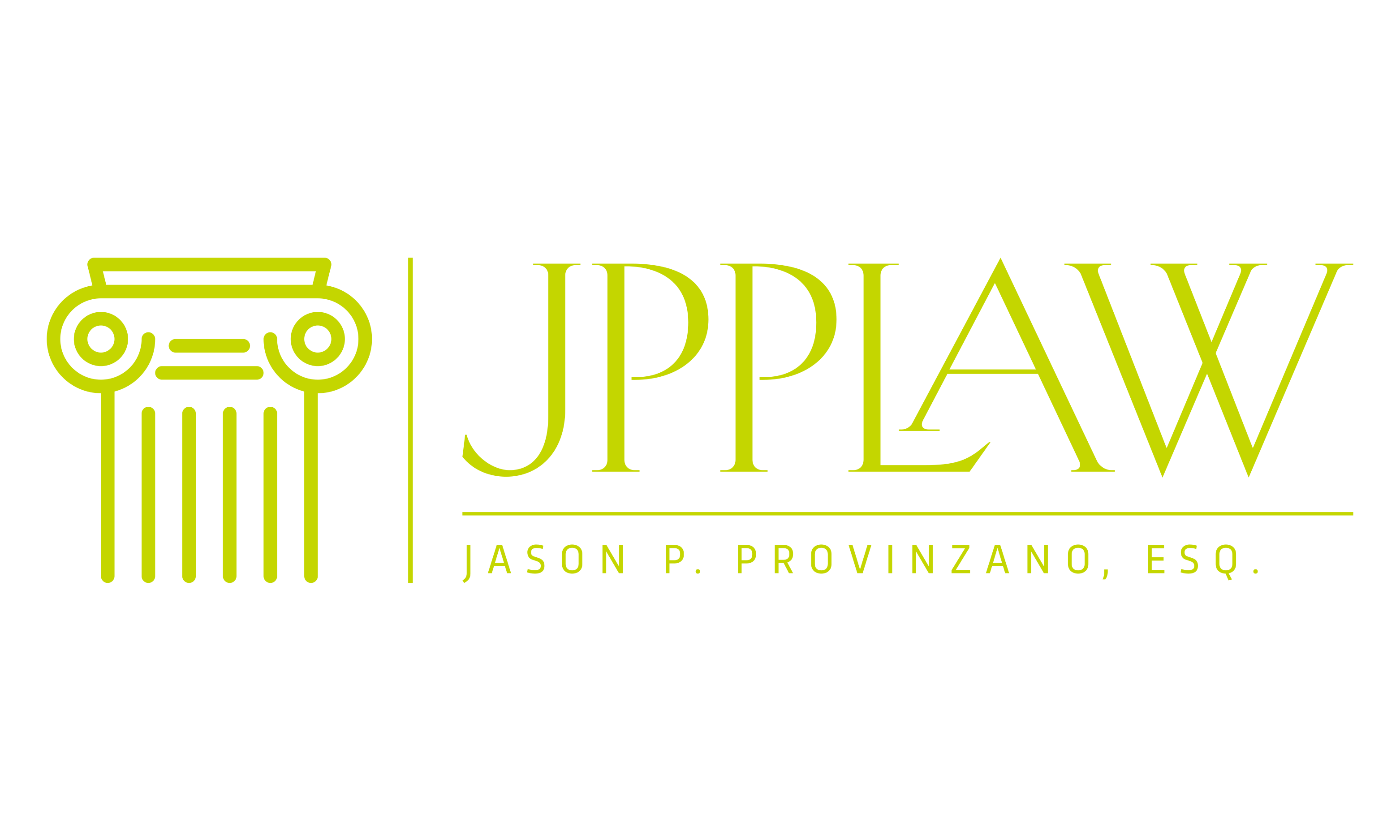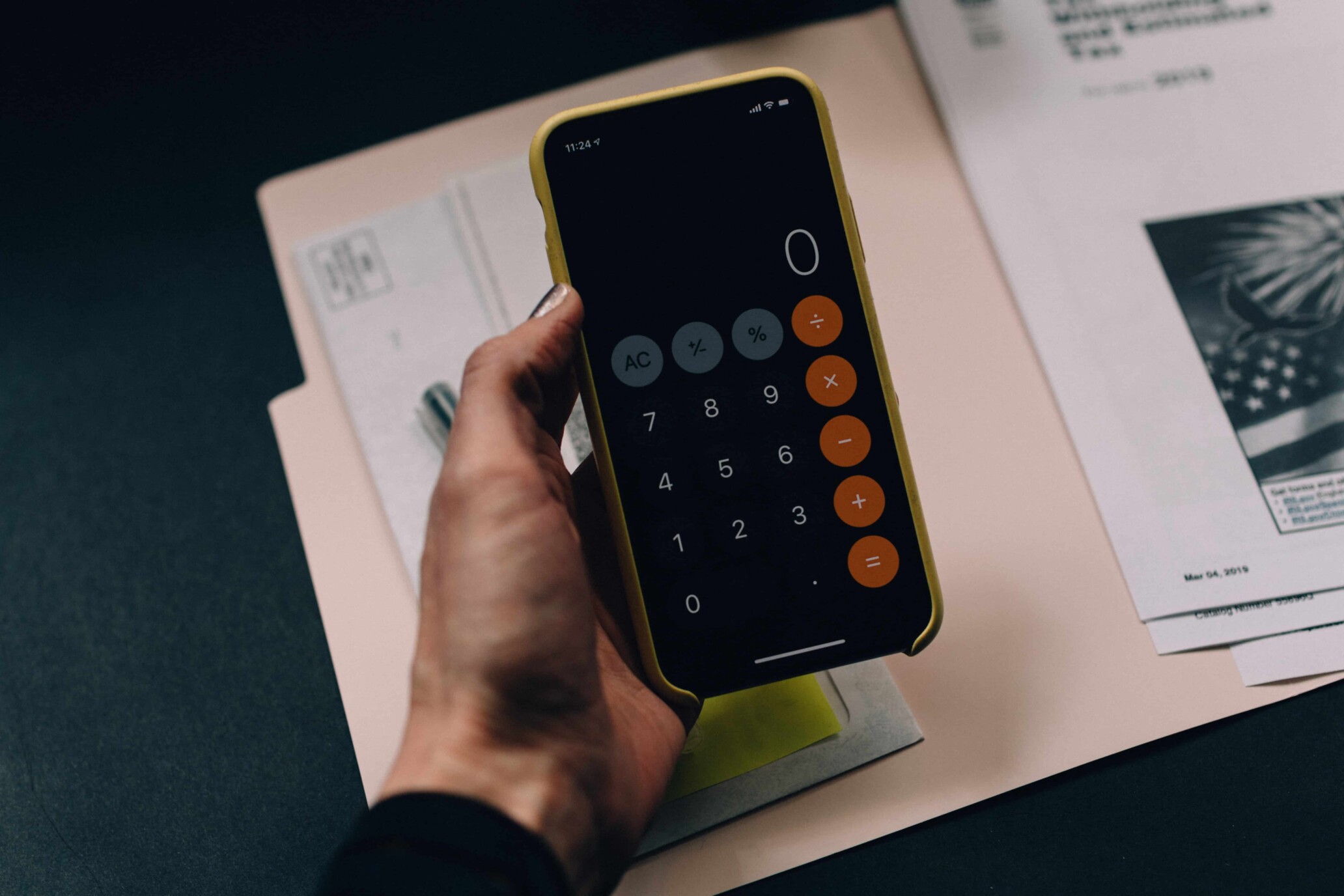If you are struggling with student loans, filing for bankruptcy may be a favorable option. This move will discharge your debts and help you rebuild your financial health. However, you should familiarize yourself with the process before filing.
JPP Law has compiled the important information you need to know about student loan bankruptcy. Our attorneys are here to help you understand what steps you can take and how to improve your chances of qualifying. Read on to learn more.
The Bankruptcy Process Explained
You’ll need to prove your loans have an extremely negative impact on your financial wellbeing in court. If your only source of debt or financial hardship is your student loans, it’s unlikely they’ll be discharged.
To be considered for eligibility, you have to file for an adversary proceeding — a hearing where you present evidence of financial hardship. You’ll also need to file Chapter 7 or Chapter 13 bankruptcy and receive credit counseling with the help of a bankruptcy lawyer in Stroudsburg, PA, from our team.
Chapter 7 Bankruptcy
Chapter 7 is also called liquidation, as your court-appointed trustee will sell your non-exempt assets. As a result, debt collection will stop, and your eligible debts will be discharged.
To qualify, you must not have filed Chapter 7 in the last eight years, and your monthly income must be less than the state median.
Chapter 13 Bankruptcy
Chapter 13 is also known as reorganization. Your disposable income will be used to repay creditors through a plan. People often file Chapter 13 if they can’t qualify for Chapter 7 or don’t want to risk home foreclosure.
The court determines your new monthly debt payments based on your finances. Like Chapter 7, debt collection will otherwise stop. Your remaining debt will be discharged after you complete repayment.
Undue Hardship
You must show the court that repaying your loans would cause undue hardship. However, extreme financial burdens can be difficult to prove. Most states use the Brunner Test to determine this, but some may use a Totality of Circumstances Test. The main difference is that the Brunner Test will check if you’ve made an honest effort to repay your loans.
Do You Have Other Options?
A few scenarios where you can get your loans discharged without filing bankruptcy include:
- Disability
- A closed university or college
- Fraudulent certificates or degrees
- Overdue refunds
- Borrower defense to repayment
If the loan came from someone who has passed away, proof of death would also allow for a discharge.
You may also consider loan rehabilitation, deferment, forbearance, or possibilities of forgiveness.
Make the Right Choice with JPP Law
There are many ways to decrease the burden of student loans, and declaring bankruptcy may be the best option for those who are extremely overwhelmed by repayment. Schedule a consultation with JPP Law today to take control of your financial health! The team at JPP Law can help you find financial freedom during this stressful time.


